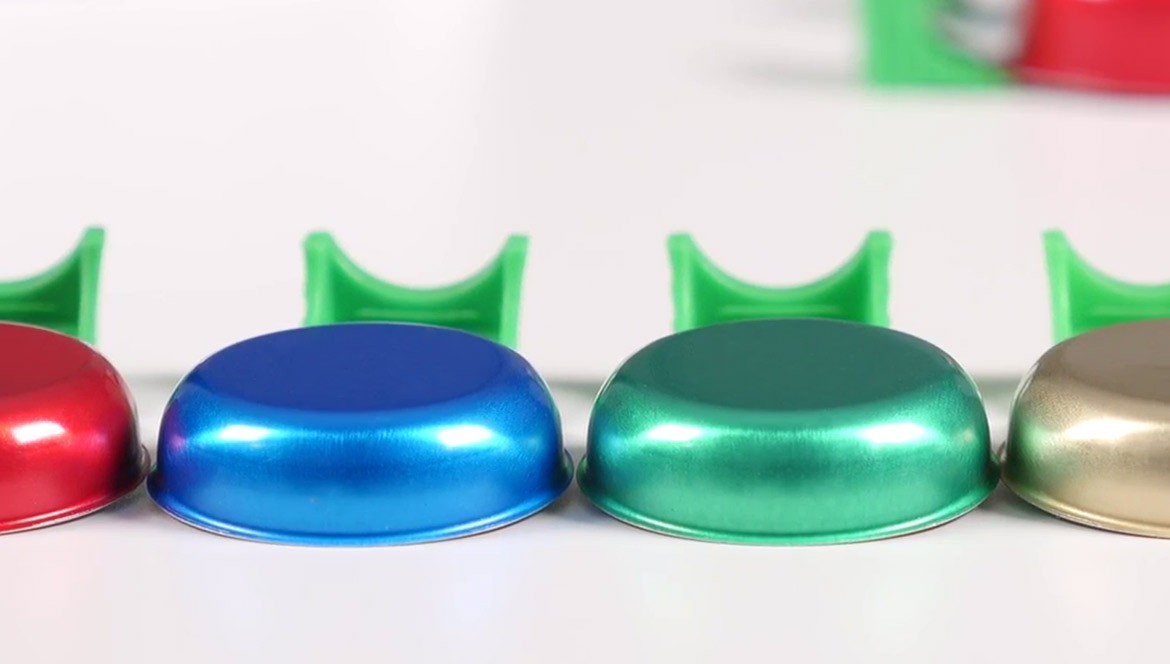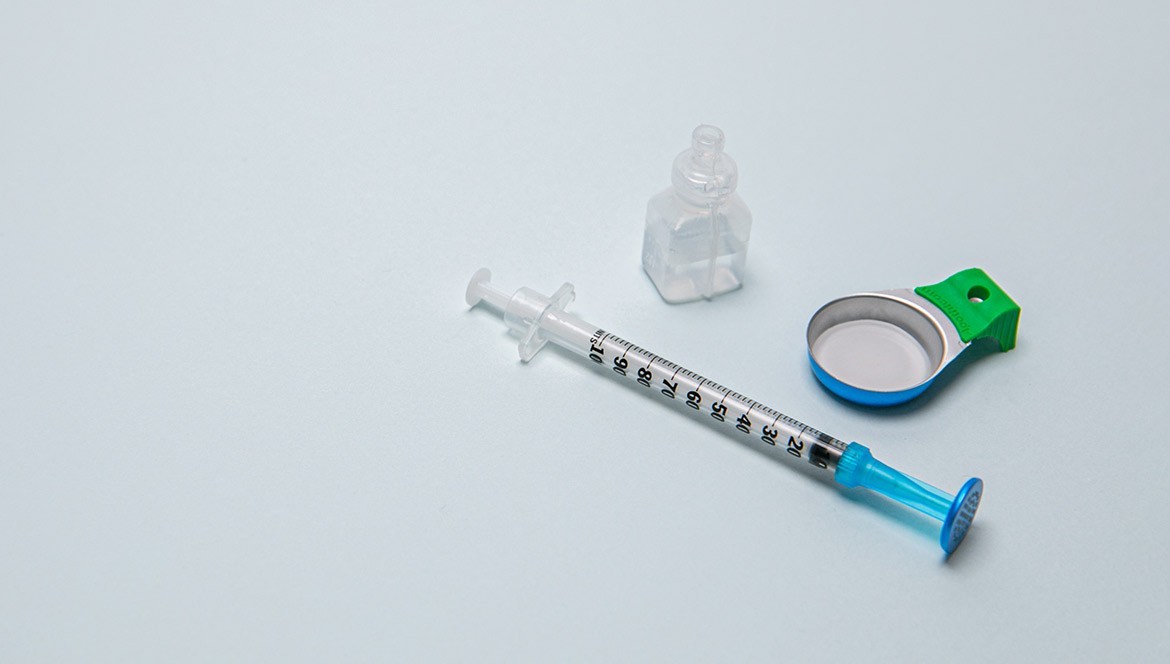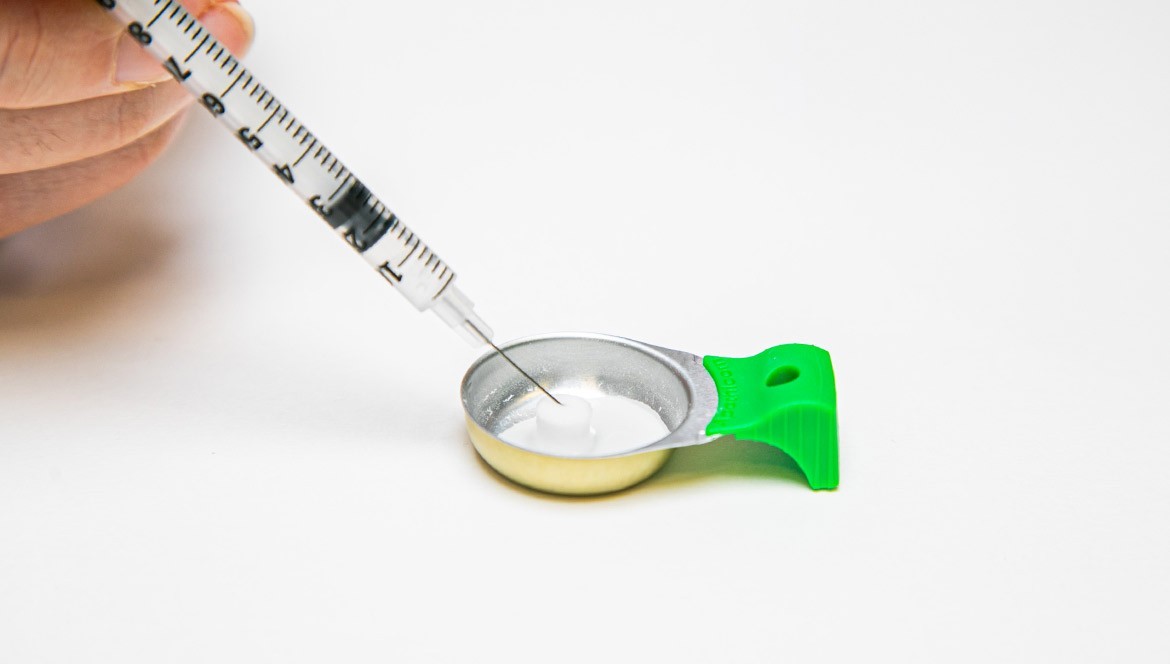Safer injecting: Cotton filters
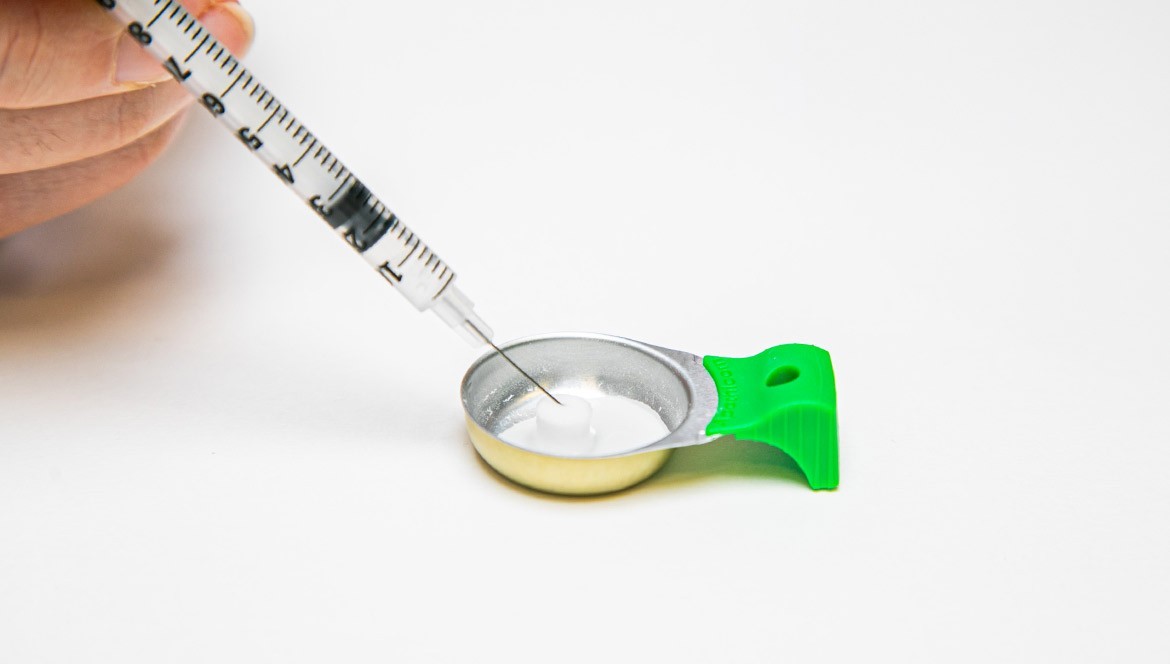
They may use filters that are not designed for this purpose, called "makeshift" filters, like cigarette filters or pieces of cotton. "Makeshift" filters are not sterile and provide inadequate filtration.
Risks associated with "makeshift" filters
Bacterial risk
“Makshift” filters are not sterile. Furthermore, they are necessarily manipulated with the hands and/or the mouth before being used,which is associated with a risk of bacterial and/or fungal infection.
For example, cotton balls rolled between fingers to make a filter, or cigarette filters that are removed from the cigarette with the mouth, become vectors of this bacterial contamination.
Inadequate filtration
Filtering substances before injection helps prevent complications caused by insoluble particles, such as talc or starch. These particles are often introduced through cutting agents in drugs. When injected, they can block blood vessels, particularly in the lungs, and cause vein damage.
"Makeshift" filters are ineffective in eliminating insoluble particles.
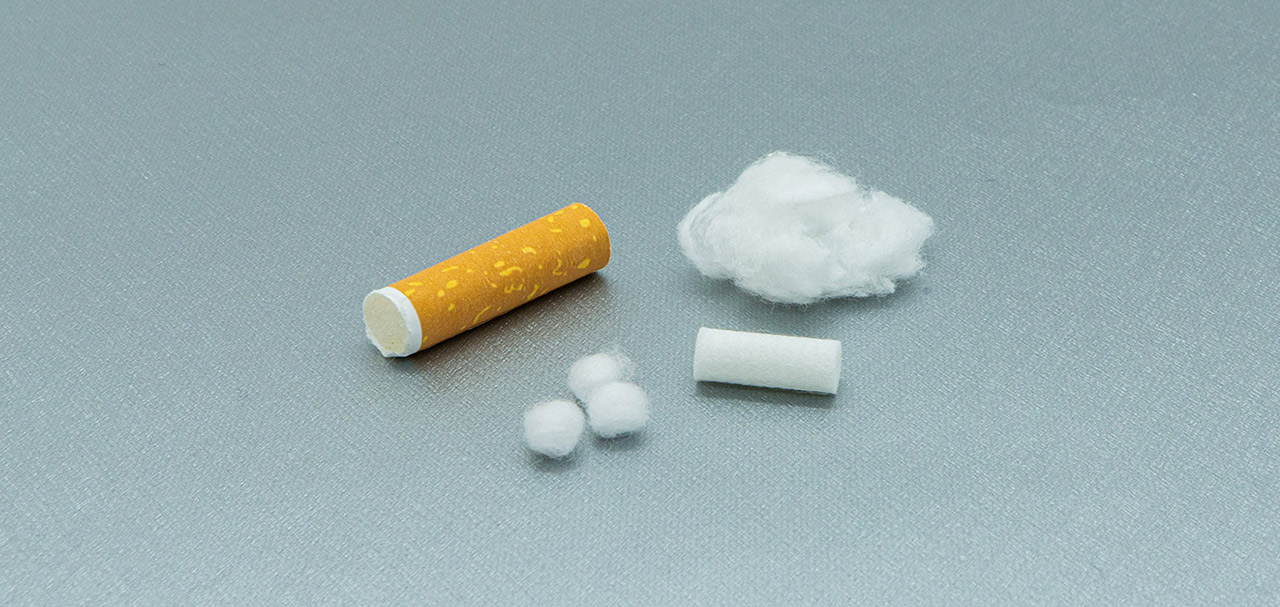
The benefits of sterile cotton filters
Apothicom developed a sterile cotton filter in 1997.
These filters are very well accepted and adopted by PWID in many countries. Their availability and low price make them widely distributed, thus reducing their sharing and the associated infectious risks. They are available:
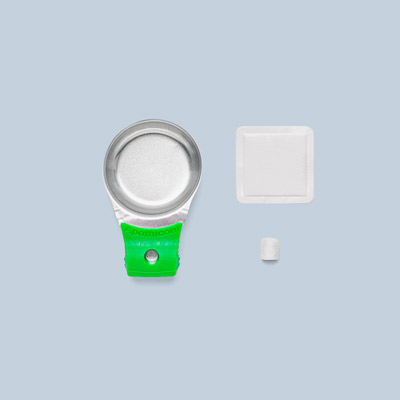
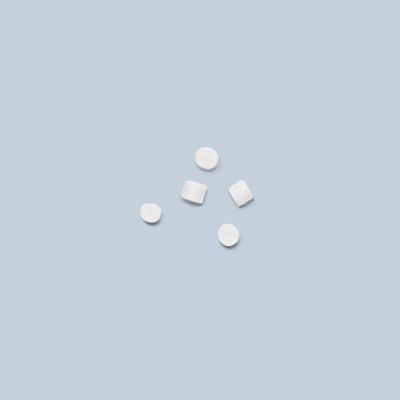
Why choose Apothicom’s cotton filters?
- Their sterility enables to reduce bacterial and fungal infectious risks.
- They are ready-to-use ,and do not need to be handled with hands or mouth before use, allowing to keep them clean until use. Their dimension (6mm x 6mm) is perfectly suited to drug filtration.
- The high-density cotton retains most harmful particles (more than 90%), reducing the risks of heath complications.
Microscopic view of Apothicom cotton filter filtration efficiency
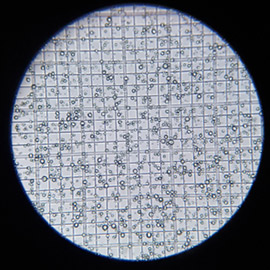
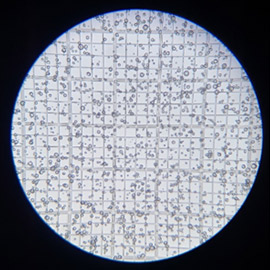
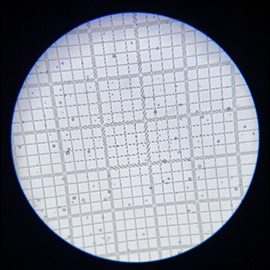
Insoluble particles of starch, diameter 10 µm
Magnification x 160
Conclusion
More effective filters than cotton filters exist, for example, the membrane filters Sterifilt. However, the cotton filter remains a valuable and effective alternative to the use of “makeshift” filters.
The availability of single-use sterile cotton filters contributes to the promotion of safer injection practices and personal use of injection supplies.

